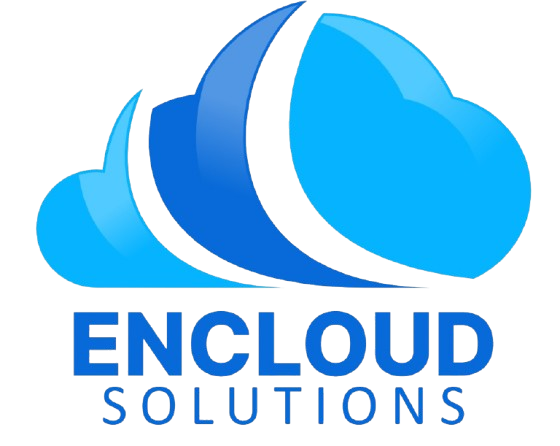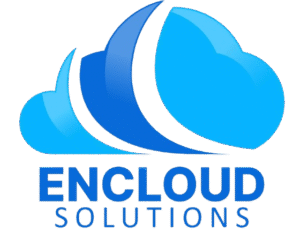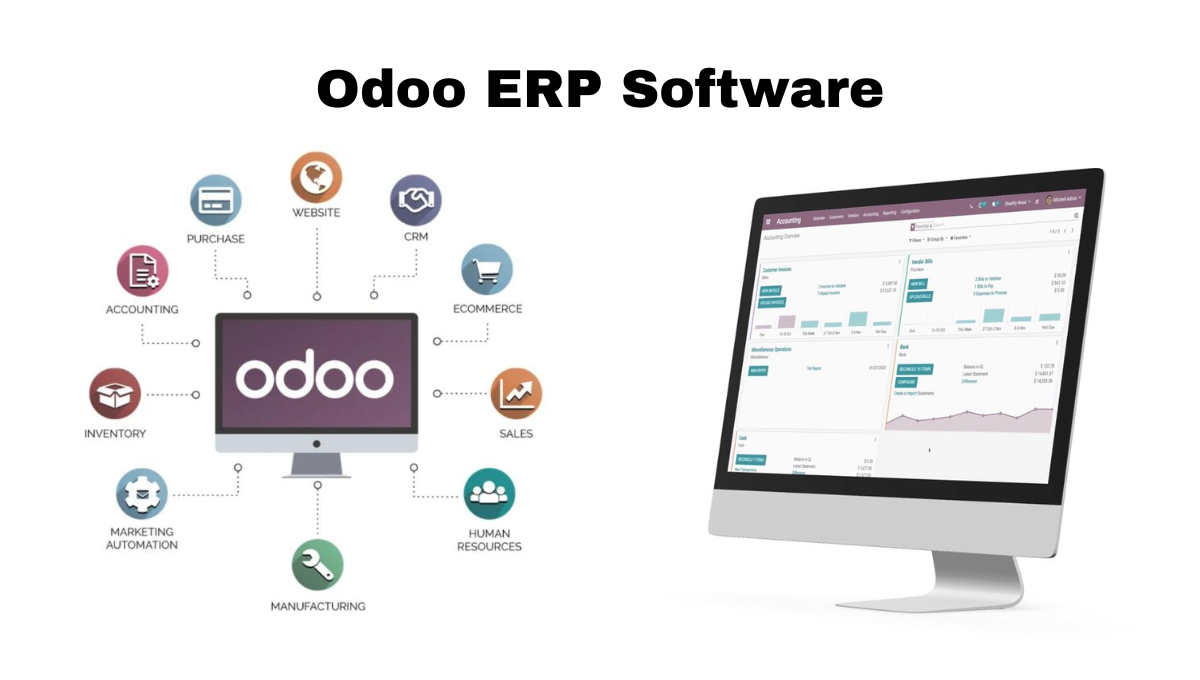
Companies demand ERP platforms that balance cost, flexibility, and functionality within today’s digital economy. Odoo ERP software is utilized by 7M+ users in 120+ countries (an estimated 15% share of the global open‑source ERP market within the year 2024). IDC projects the mid‑market ERP segment to grow at 8% CAGR through 2027, with Odoo cited as a leading growth driver due to its modular architecture and affordability.
In this guide, you will learn about what Odoo ERP software is, critical Odoo ERP system features, market alternatives comparison, and how Encloud Solutions’ Odoo ERP implementation services ensure ROI.
What Is Odoo ERP Software?
Many professionals thought, “What is Odoo ERP System?” So, here is the answer. Odoo ERP software is an integrated suite of business applications that covers CRM, accounting, manufacturing, inventory, HR, and more. The platform’s open‑core model offers:
- Community Edition: Free, LGPL‑licensed, includes 17 core apps. Widely adopted by startups and open‑source advocates.
- Enterprise Edition: Proprietary modules, white‑glove hosting, SLA-backed support, and Studio for drag‑and‑drop customizations.
Deployment Modes
- On‑premise: Full data control for regulated industries.
- SaaS: Fully managed cloud at $25/user/month with automatic updates.
- Odoo.sh: Platform‑as‑a‑Service (PaaS) combining the flexibility of source code with cloud convenience.
Global Compliance & Localization
This system is available in 60+ languages in compliance with GDPR, VAT, GST, and other regional tax regimes. Its partner network of 2,200+ certified firms spans 100 countries, which ensures local expertise and implementation quality.
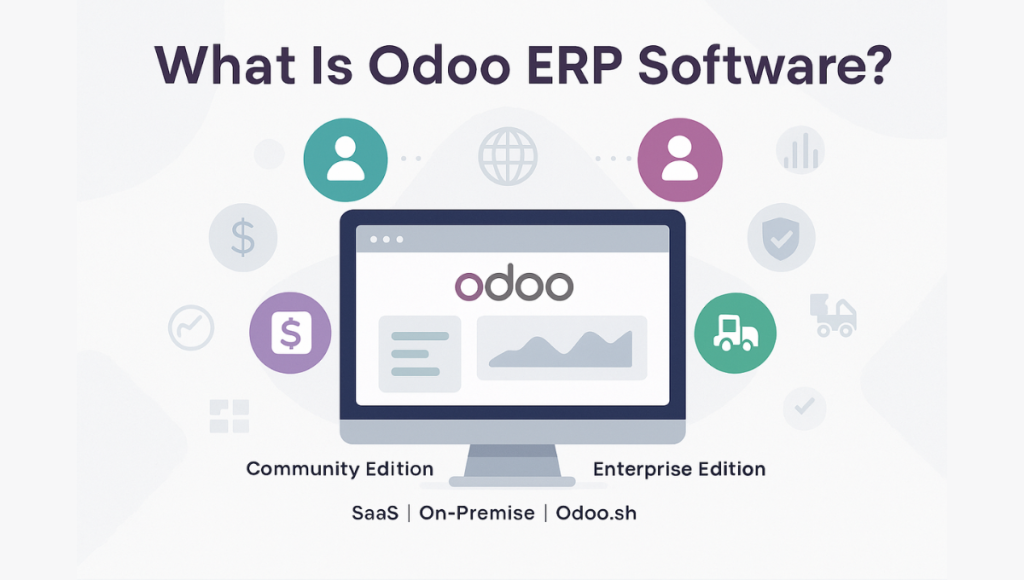
Odoo ERP System Features
Odoo’s appeal stems from its extensive feature set, all united on a single platform. The following are the key Odoo ERP System features:
- Modular Architecture: 30+ official modules, 20,000 community apps for industry‑specific needs (Healthcare, Education, Agriculture).
- Real‑Time Reporting & BI: Native BI engine with drag‑and‑drop report building. Companies report 25% faster financial closes.
- AI & Automation: According to the Odoo case study, 2023, automated lead scoring increases sales productivity by 30%.
- Mobile Accessibility: Progressive Web App (PWA) supports offline mode for inventory and field service teams.
- User Permissions & Security: Role-based access control, two‑factor authentication, and SOC 2 compliance.
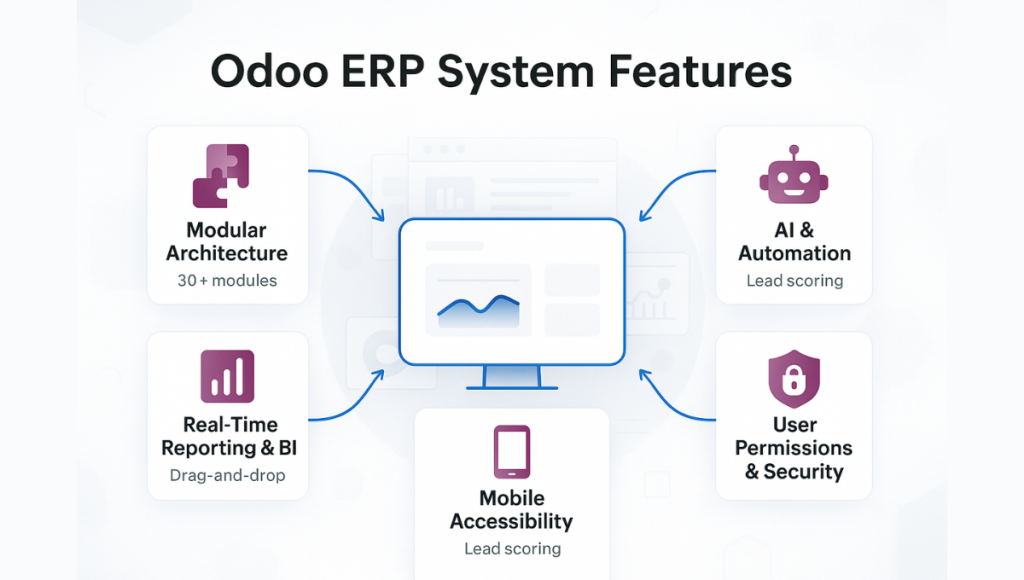
Top Odoo Features & Their Benefits
| Feature | Benefit |
|---|---|
| Modular Apps | Only pay for what you use and scale modules over time |
| Real‑Time BI & Dashboards | Identify trends instantly and accelerate decision cycles by 35% |
| Automated workflows & AI | Reduce manual tasks by 40%, which frees staff for higher‑value work |
| Progressive Web App | 24/7 field access, even without connectivity |
| Partner Network (2,200+ firms) | Localized support, faster implementation, adherence to best practices |
ERP Software Odoo vs. Competitors
ERP Software Odoo shines through its blend of affordability and extensibility within the competitive ERP landscape.
| Criteria | Odoo | SAP Business One | Microsoft Dynamics 365 |
| Licensing Cost | $0–25/user/month | $1000+/user one‑time | $70+/user/month |
| Implementation Time | 2–4 months (SMB) | 6–12 months | 6+ months |
| Customization Effort | Low (open source, Studio tool) | High (ABAP required) | Medium (Power Platform) |
| App Marketplace | 20,000+ modules | Limited third‑party apps | Moderate (AppSource) |
| User Satisfaction | 4.3/5 (G2) | 3.8/5 (Peer reviews) | 4.0/5 |
Independent analyses show Odoo’s five‑year TCO at 40–60% lower than SAP and Dynamics, which makes it the top choice for agile mid‑market firms.
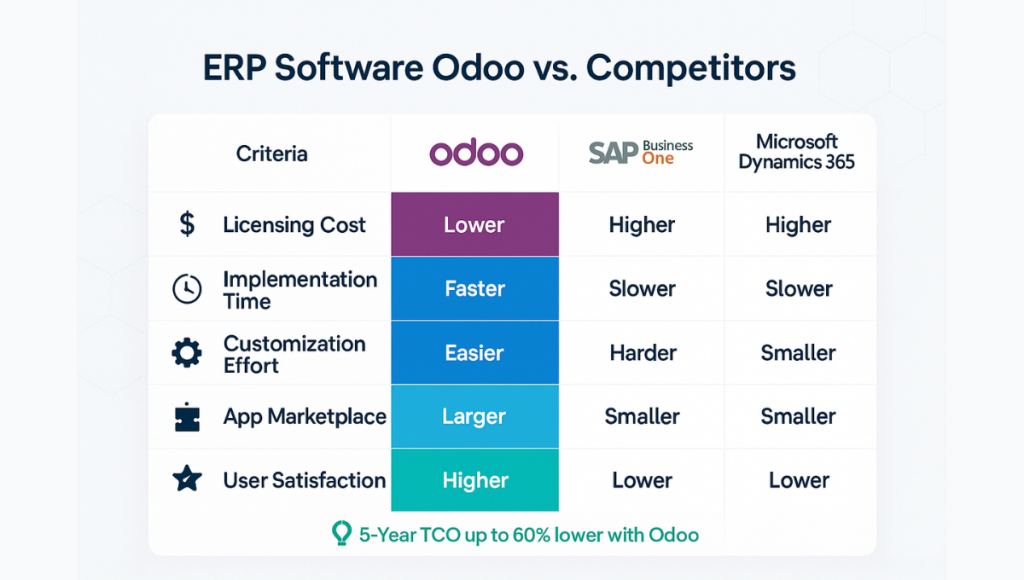
Trends & Industry Benchmarks Adoption
If you understand market trends, it helps validate your ERP choice. You can consider the following key data points:
- Segment Growth: According to Forrester, the Cloud ERP market will exceed $60 B by 2026, with SMB solutions growing the fastest.
- Regional Uptake: APAC shows 12% annual growth in ERP deployments; MENA is up 15% as digitalization accelerates.
- Top Industries: Manufacturing (25% share), Retail (18%), Services (15%), Distribution (12%).
This data highlights the strategic advantage of early ERP adoption. Companies report a 20% boost in operational efficiency within 12 months of going live.
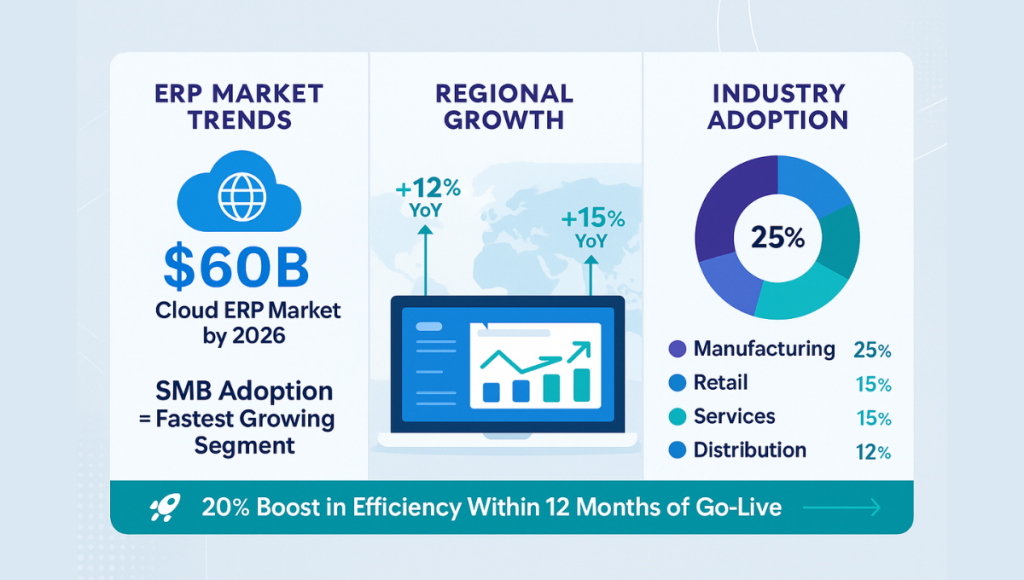
From ERP Demo Online to Full Odoo Implementation
Begin your journey with a hands-on ERP demo online. Encloud Solutions’ structured approach includes:
- Discovery Workshop: Align ERP capabilities with business objectives and map 10+ core processes.
- Proof of Concept (PoC): Live sandbox with sample data; measure key metrics (order cycle time, lead conversion).
- Implementation Blueprint: Document requirements, customization scope, and data migration plan.
- Go‑Live & Stabilization: Post‑launch hypercare; target SLA: <1% downtime, ticket resolution <4 hours.
Explore our Odoo ERP service page for step-by-step guidance.
Odoo Integration Services & Odoo Implementation Services
Connecting Odoo tightly to your ecosystem multiplies its value.
- Odoo Integration Services: It includes real-time API connectors for Shopify, WooCommerce, Amazon, POS terminals, and legacy ERPs.
- Odoo Implementation Services: Odoo implementation project management covers:
- Installation & configuration of 30+ modules
- Custom module development (Python & JavaScript)
- Data migration (CSV, XML, API) with 99.9% accuracy
- UAT, training workshops, and change management plans
Case in point: a global distributor integrated Odoo with five logistics partners, which cut shipping delays by 25% within three months.
Sustained Success: Odoo ERP Support & Odoo Consulting Services
A support framework ensures your ERP remains an asset, not a liability.
- Odoo ERP Support: Odoo ERP support system includes 24/7 helpdesk, monthly patch updates, performance monitoring, and security audits in alignment with ISO 27001.
- Odoo Consulting Services: Quarterly business reviews, process re-engineering, and roadmap planning for future modules.
Client success story: a service firm reduced process redundancies by 30% after a consulting-led workflow optimization.
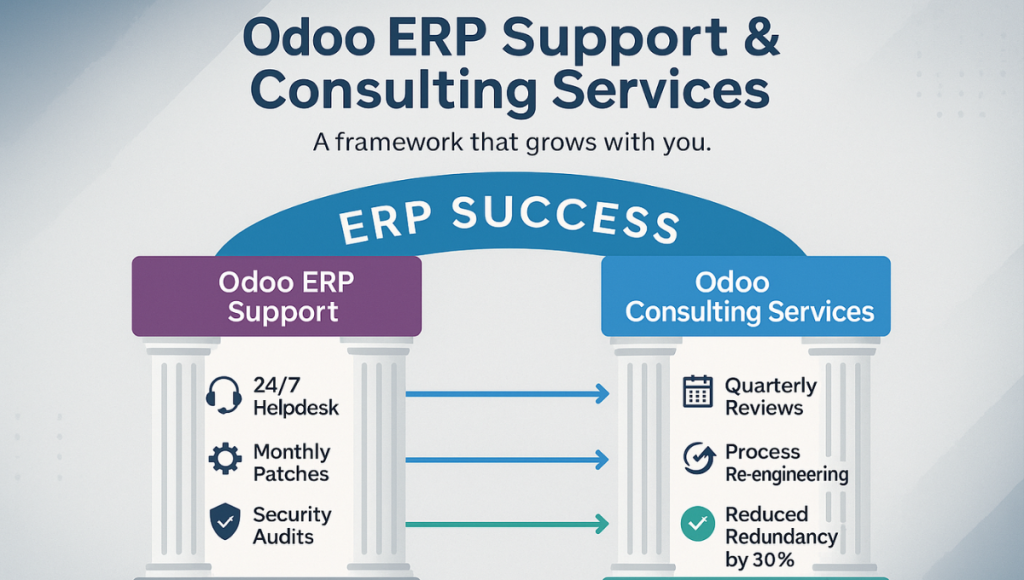
Choosing the Right Partner
Your ERP project’s success hinges on partner expertise; that’s why you should consider the following points before choosing the right Odoo implementers, installers & developers :
- Odoo ERP Software Development Company: They should have deep technical skills for bespoke apps, AI/ML features, and mobile solutions.
- Odoo Implementer & Odoo Implementation Partner: Their team should consist of certified functional and technical consultants who guide full-cycle rollouts, including Odoo ERP installation.
Encloud Solutions is a certified Odoo ERP services provider, with 100+ global deployments, 98% satisfaction, 4.8/5 average partner rating on Odoo’s directory.
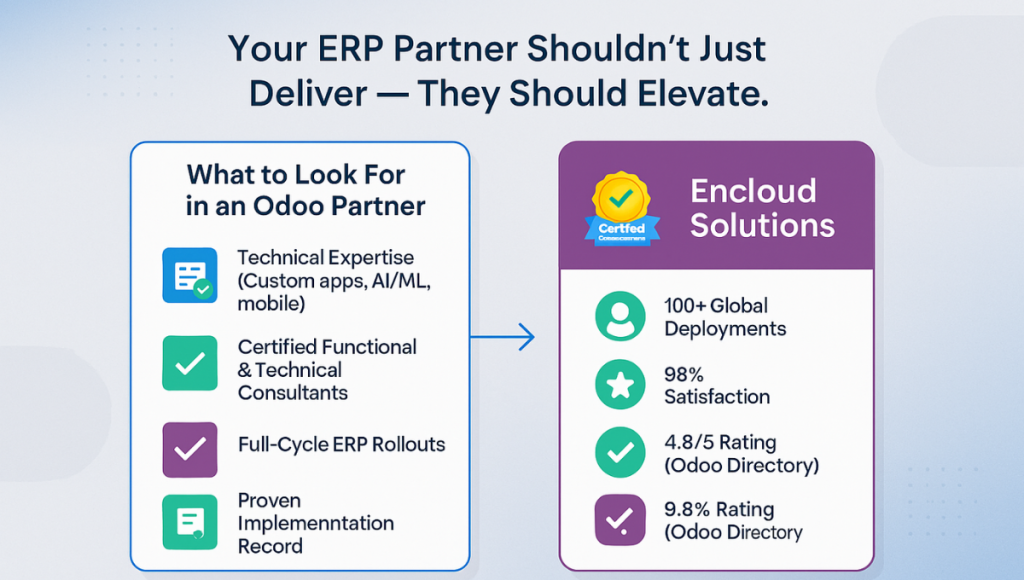
Use Cases: Odoo Business Solutions
Here we are discussing the use cases of Odoo ERP. Odoo’s flexibility serves diverse needs:
- Startups & Entrepreneurs: Launch with core CRM and invoicing; add Inventory and POS as revenue scales.
- Odoo for Small Business: Leverage Odoo for small business bundles—Sales, Accounting, and Inventory at <$100/month.
- Consultancies & Agencies: Use Project and Timesheets for client billing and resource planning.
- Multi‑National SMEs: Manage subsidiaries, multi‑currencies, and consolidated financial reports from a single database.
These Odoo business solutions deliver ROI within 6–12 months through process standardization and automation.
Planning Checklist for Your Odoo Implementation
Here is the planning checklist for your Odoo Implementation, which will help you during the system execution:
- Define clear KPIs (cycle times, revenue growth).
- Select Community vs Enterprise with cost analysis.
- Audit and cleanse legacy data.
- Schedule ERP demo online and PoC.
- Engage a certified Odoo implementation partner.
- Develop training and change management plans.
- Monitor post‑go‑live SLAs and continuous improvement.
This checklist ensures structured execution and measurable outcomes.
FAQs
Is Odo’o an ERP software?
Yes, Odoo ERP software is a comprehensive suite covering CRM, sales, accounting, inventory, manufacturing, HR, and more. Its modular design lets you start small and expand functionality as needs change, which supports businesses from 1 to 1,000+ users.
Which is better, SAP or Odoo?
SAP targets large, complex enterprises with extensive budgets. On the other hand, ERP software Odoo prioritizes agility, lower TCO, and rapid ROI, which is ideal for SMBs and mid‑market firms. Independent studies show Odoo’s five-year TCO is up to 60% less than SAP Business One.
Is Odoo available in Pakistan?
Yes, both cloud and on‑premise editions serve Pakistani businesses. Local partners handle localization for GST, income tax, and compliance with the State Bank of Pakistan’s guidelines on financial reporting.
Is Odoo software free?
The Community edition is open-source with no license fees. The Enterprise edition requires subscription fees for premium modules, hosting, and official support, which start at $7/user/month for essential apps.
How much is Odoo per month?
Enterprise pricing ranges from $7 to $25 per user/month based on the modules selected. Annual commitments may yield up to 20% discounts.
Is Odoo good for beginners?
Yes, Odoo ERP software features intuitive UIs, interactive setup wizards, and extensive documentation, plus community forums. Beginner-friendly training courses and certifications are available directly from Odoo and partners.
Can we earn money from Odoo?
Yes, you can earn money by working as an Odoo implementer, developer, functional consultant, trainer, and support engineer. Certified professionals earn competitive rates ranging from $30 to $150/hour globally.
